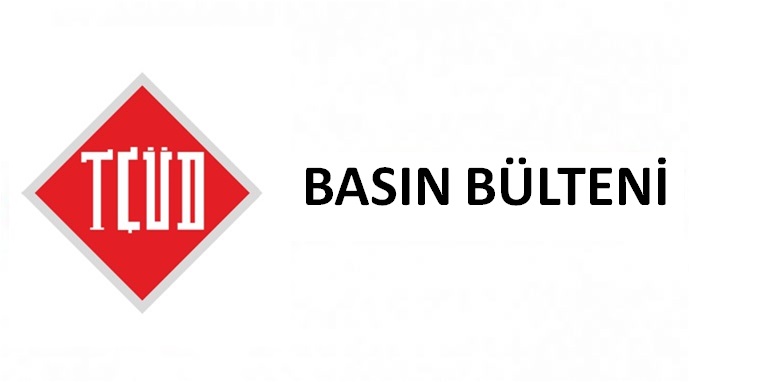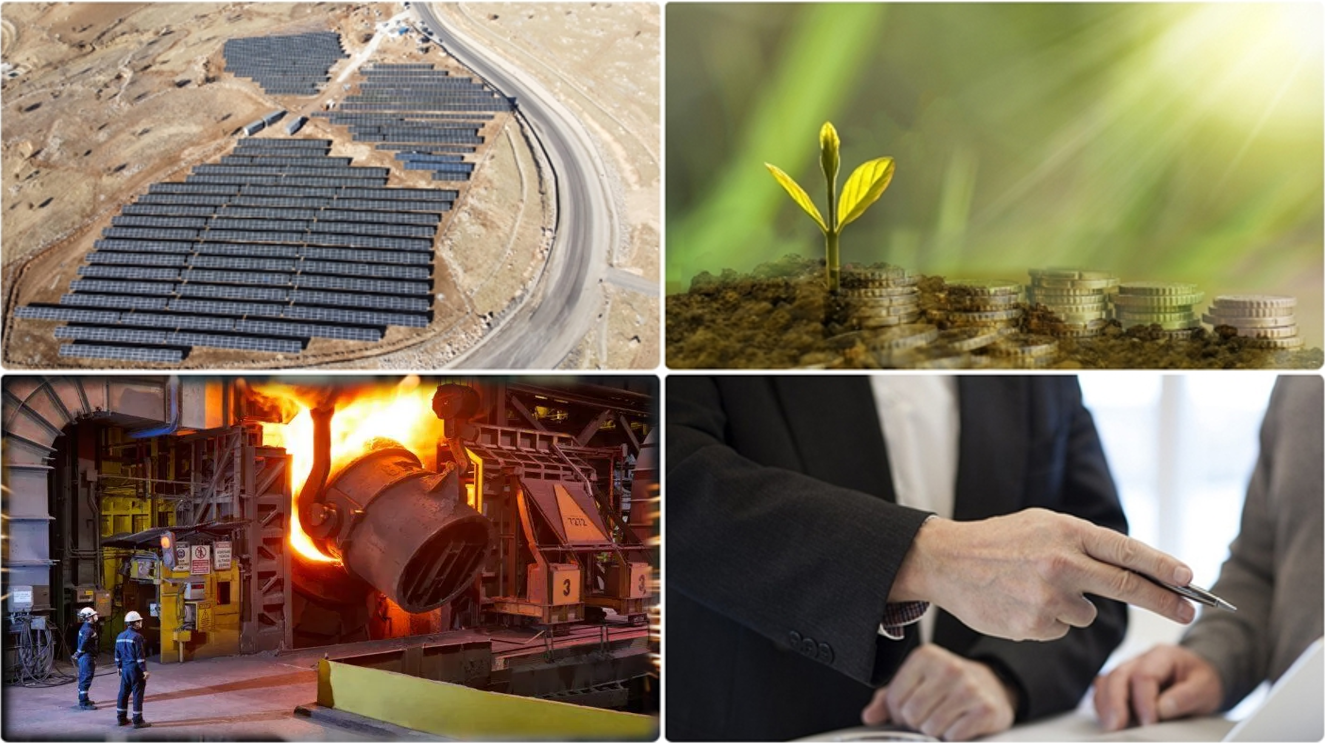Türkiye Mills Need İmport Curbs, Raw-Material Alternatives: TÇÜD Tarih: 30 May 2025
To ensure the long-term sustainability of the Turkish steel industry, producers see it as essential to develop alternative raw material inputs to scrap, curb the increasing volume of dumped imports from the Far East, and reform the inward processing regime (DİR) to prioritise domestic sourcing.
“Such measures are critical not only for safeguarding the sector but also for enhancing its contribution to improving Türkiye’s current account balance,” says Turkish Steel Producers Association (TCUD) general secretary Veysel Yayan.
Türkiye’s April crude steel production rose 7% year-on-year to 3 million tonnes, notes Kallanish. In addition to the increase in domestic production, a 10% decline in Germany’s output in April helped Türkiye further strengthen its position as the seventh-largest producer globally. However, January-April crude steel production fell 1% on-year to 12.3mt.
April finished steel consumption declined 2.9% to 3mt. Yayan notes that following the 23% decline in total finished steel consumption observed in March, the rate of decrease slowed in April. Consumption in the first four months of the year fell 6.3% 12mt.
Steel exports increased 14.4% on-year in April to 1.2mt and 6% in value to $813.1 million. Four-month exports grew 17.3% to 5mt and 7.6% to $3.4 billion.
Türkiye’s steel imports fell 9.1% to 1.4mt and 13% in value to $1 billion in April. Four-month steel imports rose 0.9% to 5.6mt whilst falling 6.6% in value to $4 billion.
Yayan notes that during the January-April period, billet imports increased by 10.6%. Imports of long products, despite Türkiye being one of the world’s largest long product exporters, rose notably by 14.6%.
In January-April, despite a 17% increase in exports and a modest 0.9% rise in imports, the steel foreign trade deficit slightly narrowed but remained at a high level of 600,000t, adds Yayan. The ratio of four-month exports to imports rose to 83.4:100 versus 72.4:100 a year earlier.
According to the latest OECD steel outlook report, global overcapacity in steel production surpassed 600mt in 2024, as capacity growth once again outpaced demand. This imbalance is not only persistent but is expected to widen further in the coming years.
“What’s especially concerning from Türkiye’s perspective is the aggressive rise in exports from Far Eastern countries, particularly China, often at dumped prices. These inflows are creating serious pressure on our domestic industry and raising alarm among producers,” Yayan adds: “Overcapacity doesn’t just distort trade flows; it also squeezes margins across the value chain, undermining profitability and weakening the financial stability needed to invest in the green transformation. We are now seeing a situation where the very conditions required to enable low-carbon steelmaking, strong balance sheets and long-term investment confidence, are being threatened by global oversupply,”
Highlighting that the international trend toward restricting scrap exports is posing an additional challenge, Yayan says that whilst the EU has increased its own scrap consumption, it has simultaneously reduced exports. As a result, Türkiye’s scrap imports from Europe have fallen by 20% over the last five years.
“This is a critical issue, given our sector’s heavy reliance on imported scrap as a key raw material. If the Turkish steel industry is to maintain its sustainability and competitiveness, we must urgently address these structural pressures,” concludes Yayan.








